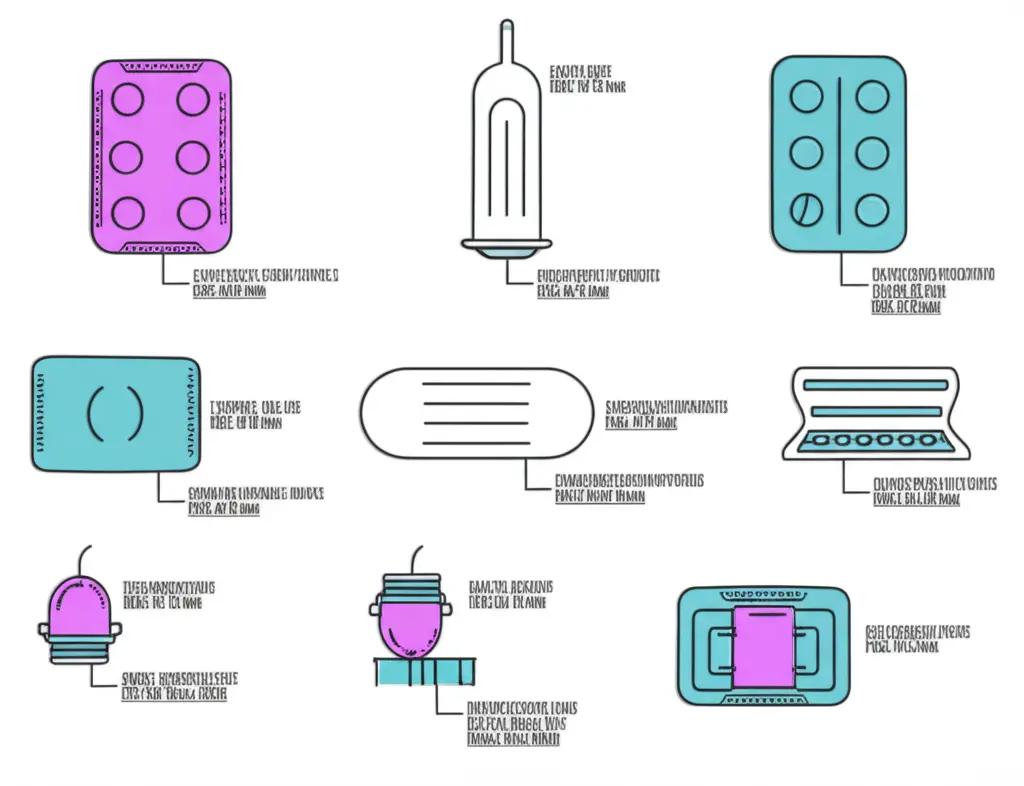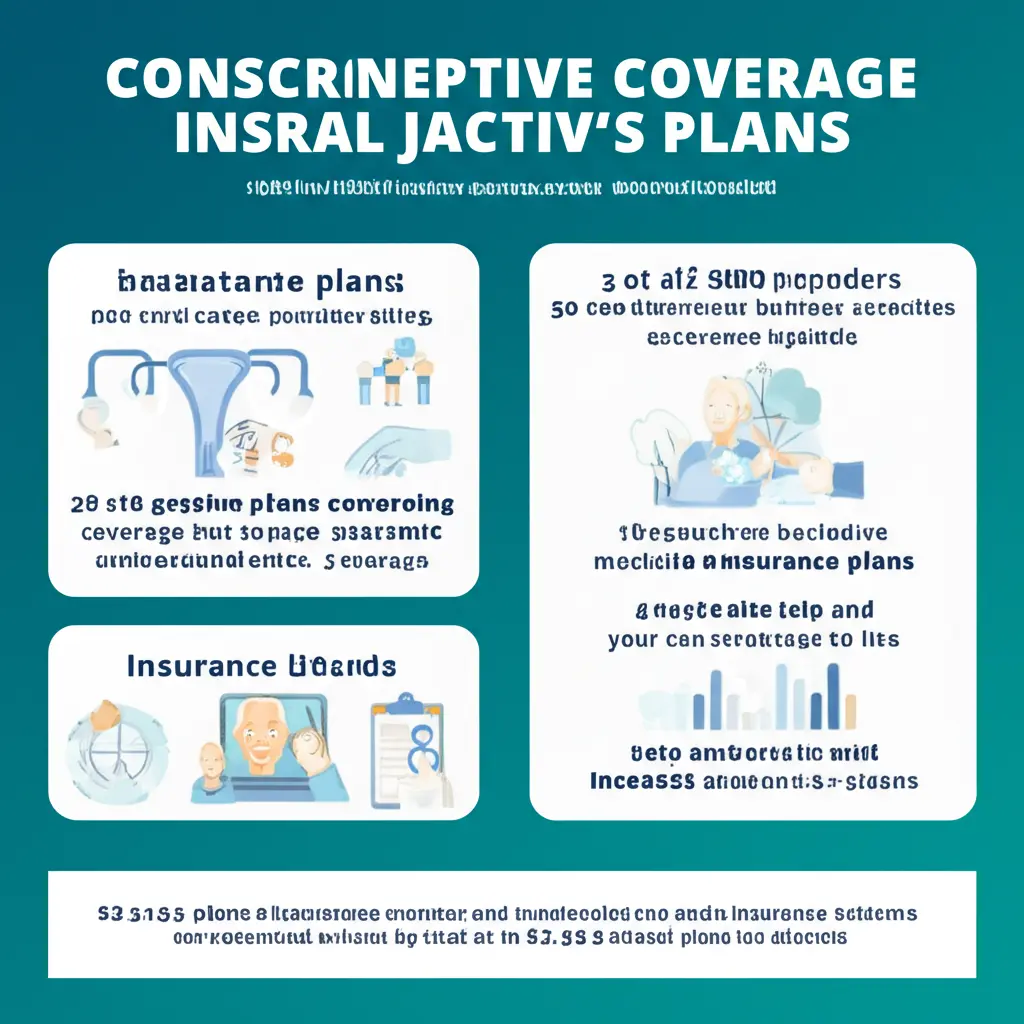Why Does Health Insurance Ignore Contraceptives?
Explore why health insurance often overlooks contraceptives and what that means for you.

Why Does Health Insurance Ignore Contraceptives?
If you've ever found yourself questioning why health insurance doesn't always cover contraceptives, you're not alone. It's a question that pops up often, particularly during those critical moments when affordability becomes just as crucial as accessibility. Isn't it just baffling that something so fundamental to health and family planning isn't universally covered?
Why Aren't Contraceptives Universally Covered?
This is a question many of us have asked as we read the fine print of our insurance plans. One reason is historical. Insurance plans have traditionally been designed around acute and chronic medical conditions, while contraceptives were once deemed 'lifestyle choices' rather than vital health needs. This outdated perspective often affects current coverage.

The Financial Impact of Lack of Coverage
Having to pay out-of-pocket for contraceptives can be a financial burden. According to some studies, contraceptives can cost anywhere between $15 to $50 per month if not covered by insurance. But it's not just about the money—it's about access. Unexpected expenses can lead people to forego proper contraceptive methods altogether, increasing the risks of unplanned pregnancies and other health issues.

The Policy Landscape
There have been efforts to expand contraceptive coverage. The Affordable Care Act (ACA), for example, significantly improved this, but plans vary, and loopholes exist. Some people might find that their insurance covers some, but not all, contraceptive methods. It’s a convoluted landscape, to say the least.
Advocating for Change
While it's frustrating, the first step towards change is understanding the current system. From there, advocating for more comprehensive coverage becomes possible. This could mean reaching out to policymakers or simply engaging in conversations that spotlight the importance of accessible contraceptives.

Your Role in Navigating This Issue
So what can you do? Start by reviewing your own insurance plan to understand what it does and doesn't cover. If contraceptives aren't adequately covered, consider reaching out to your HR department or insurance provider to inquire about alternatives and express the need for coverage.
In closing, while navigating health insurance and contraceptive coverage can seem daunting, being informed is empowering. By understanding your plan and the policies governing contraceptive coverage, you can make more informed choices and advocate for necessary changes.




